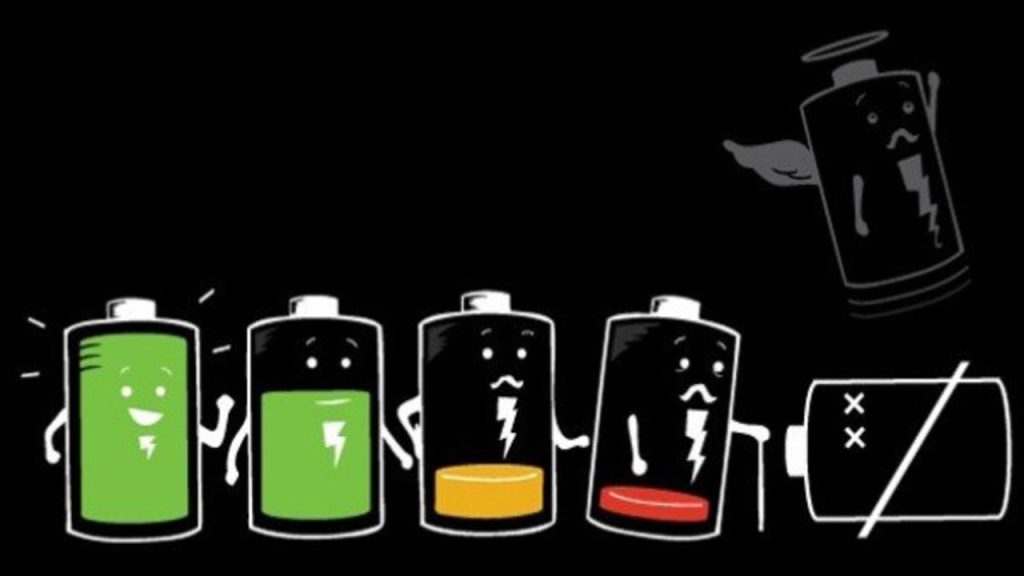Have you ever faced that annoying moment when your smartphone’s battery runs low and suddenly dies? While trying to avoid running out of juice on your phone all the time, you may think charging it for long hours might help. But did you know that overcharging a battery can have some serious consequences?
As technology advances, more and more devices require an external battery in order to function properly. Most of us are aware that these batteries need to be charged regularly, but many are unaware of the potential dangers of overcharging them.
As convenient as it is to leave your device connected to a power source overnight, doing so can lead to costly damage. In this article, we will discuss what happens when you overcharge a battery and how to prevent it from happening.
What is Overcharging?
Overcharging occurs when a battery is left connected to a power source for a longer period of time than recommended by the manufacturer. When this happens, the battery can become damaged due to an excessive build-up of electric current which can cause heat and stress on the cells.
This can lead to permanent damage, such as reduced capacity or shortened lifespan, as well as increasing the risk of the battery catching fire.

Potential Risks of Overcharging
The potential risks of overcharging a battery are significant. Overcharging can result in a variety of issues, such as decreased performance, reduced capacity, and shortened lifespan.
In extreme cases, it can even cause the battery to catch fire or explode due to an excessive build-up of electric current. This can be especially dangerous if the device is being used in close proximity to people, such as in a car or airplane.
Types of Batteries
Batteries come in a variety of different sizes, shapes, and types. Common types of batteries include lead-acid, nickel-cadmium, lithium-ion, and lithium-polymer.
Each type offers its own unique advantages and disadvantages when it comes to cost and performance.
Lead-Acid Batteries
Lead-Acid Batteries are one of the oldest and most common types of rechargeable batteries. They are predominantly used in vehicles such as cars, motorcycles, boats, and RVs.
Lead-acid batteries can be charged hundreds of times before needing to be replaced and can hold a large amount of energy for their size.
Nickel-Cadmium Batteries
Nickel-Cadmium (NiCd) batteries are a type of rechargeable battery that offer a wide range of applications. They are commonly used in consumer electronics such as cordless tools, mobile phones, and cameras.
Lithium-Ion Batteries
Lithium-Ion (Li-ion) batteries are a type of rechargeable battery that offer a wide range of applications. They are commonly used in consumer electronics such as laptops, mobile phones, and tablets.
Li-ion batteries have a high energy density and can be recharged hundreds of times before needing to be replaced.
Lithium-Polymer Batteries
Lithium-Polymer (Li-Po) batteries are a type of rechargeable battery that offer a wide range of applications. They are commonly used in consumer electronics such as drones, remote-controlled cars, and hoverboards.
Causes of Battery Overcharge
Here are the different causes of battery overcharge:
Lack of Maintenance and Monitoring
One of the main causes of battery overcharge is a lack of maintenance and monitoring. Batteries should be regularly checked for signs of wear and tear, as well as their charge levels.
If batteries are left unchecked and discharged too far, they may not be able to take a full charge again.
Faulty Charging System or Charger Malfunctioning
Another common cause of battery overcharge is a faulty charging system or charger malfunctioning. This can occur when the charging system or charger is not properly maintained, which can lead to incorrect voltage levels and an excessive build-up of electric current.
This can cause heat and stress, which in extreme cases can lead to the battery catching fire or exploding.
Improperly Sized Chargers for the Battery Capacity
Using an improperly sized charger for the battery capacity can also lead to overcharging. Batteries should always be charged with a charger rated for their specific size and chemistry.
Using a larger charger than necessary can cause batteries to become overcharged, which can lead to reduced capacity and shortened lifespan as well as increasing the risk of fire or explosion.
Short Circuit in the Charging Circuitry
A short circuit in the charging circuitry is another potential cause of battery overcharge. This can occur when a wiring fault or any other interruption causes an electrical current to flow directly between two points, bypassing the intended path of the current.
This can result in an excessive build-up of electric current and heat, which can lead to reduced performance,
Preventative Measures to Avoid Battery Overcharge
It’s important to take steps to avoid overcharging batteries as this can lead to reduced performance, reduced capacity, and even the risk of fire or explosion.
Here are some preventative measures that can be taken to ensure that your batteries are properly charged and not overcharged:
Charging batteries should always be done according to the manufacturer’s instructions in order to avoid overcharging. This includes using the correct charger for the specific battery type and monitoring charging levels throughout the process.
Use a timer. Setting a timer to remind you when it’s time to disconnect the battery from its charger is an effective way of preventing overcharging.
Monitor the temperature. Monitoring the battery’s temperature during charging is also important as excessive heat can lead to overcharging.
Unplug the charger when not in use. If a charger is left plugged in, it can continue to send electricity to the battery even when not needed, leading to overcharging.
Conclusion
In conclusion, battery overcharging can lead to reduced performance, capacity, and lifespan of a lithium-polymer battery.
To ensure your batteries do not become overcharged, it is important to take the necessary preventative measures such as regularly checking for signs of wear and tear, using only the correct charger for the specific battery type, monitoring charging levels, and setting a timer to disconnect the charger when not in use.


